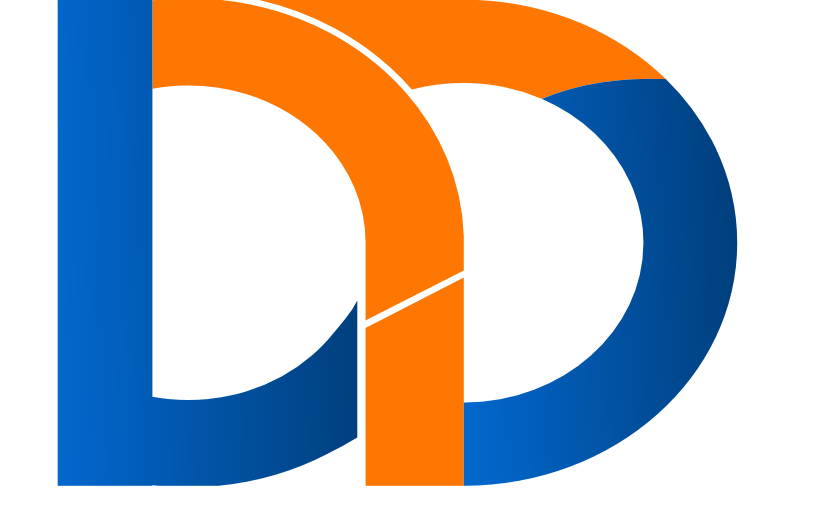Introduction
Governments and NGOs in Zimbabwe face increasing pressure to deliver better services amid budget constraints. Digital transformation offers a solution—enhancing service delivery, transparency, and data-driven decisions.
What is Digital Transformation?
Digital transformation refers to the adoption of digital technologies to fundamentally change how organizations operate and deliver value. It goes beyond mere automation; it involves cultural shifts, streamlined processes, and data-informed strategies.
Key Technologies Driving Change
- Cloud Computing – Reduces hardware dependency, facilitates collaboration, and enhances remote access.
- CRM Platforms – Improve communication with citizens or beneficiaries and allow real-time case tracking.
- Digital Dashboards – Offer visual insights into performance metrics, enabling agile decision-making.
- Mobile Applications – Enable real-time service delivery in areas like healthcare and education.
- E-Government Services – Allow online payments, licensing, document submissions, and feedback loops.
Examples in Zimbabwe
- ZIMRA’s eFiling System – A digital tax filing platform that enhances transparency and reduces processing times.
- Ministry of Health’s mHealth Apps – Used for data collection and monitoring vaccination campaigns.
- NGO Beneficiary Platforms – Tools like CommCare for mobile-based beneficiary registration and monitoring.
Benefits of Digital Transformation
- Efficiency – Streamlined processes reduce human error and processing delays.
- Transparency – Digital records allow for real-time auditability and reduce corruption.
- Cost-effectiveness – Reduces printing, travel, and administrative costs.
- Improved Reach – Digital tools help extend services to remote and underserved communities.
Challenges to Adoption
- Resistance to Change – Institutional inertia and fear of job displacement.
- Skills Gap – Limited digital literacy among staff and stakeholders.
- Infrastructure Gaps – Unreliable power supply and limited connectivity in rural areas.
- Data Privacy & Cybersecurity – Need for robust policies and tools to protect sensitive data.
A Roadmap for Implementation
- Needs Assessment – Identify key areas for improvement.
- Capacity Building – Train staff and invest in change management.
- Pilot Programs – Test new technologies on a small scale.
- Partnerships – Collaborate with private sector and international donors.
- Policy Framework – Establish regulations for data privacy, procurement, and evaluation.
Conclusion
Digital transformation offers Zimbabwe’s government and NGOs a pathway to modernize operations, increase accountability, and reach more citizens effectively. With a thoughtful strategy and the right investments, digital tools can significantly elevate public service delivery.


